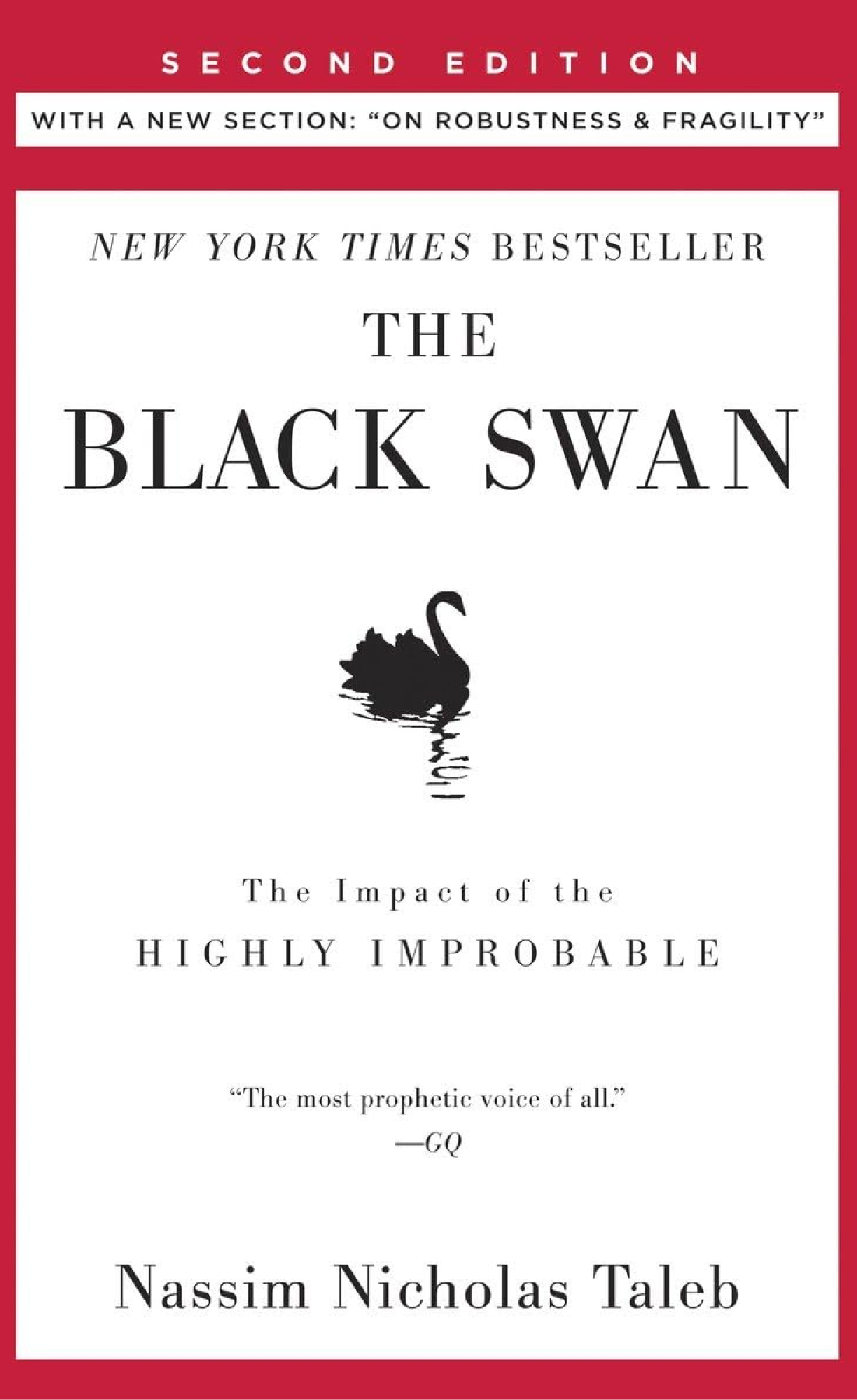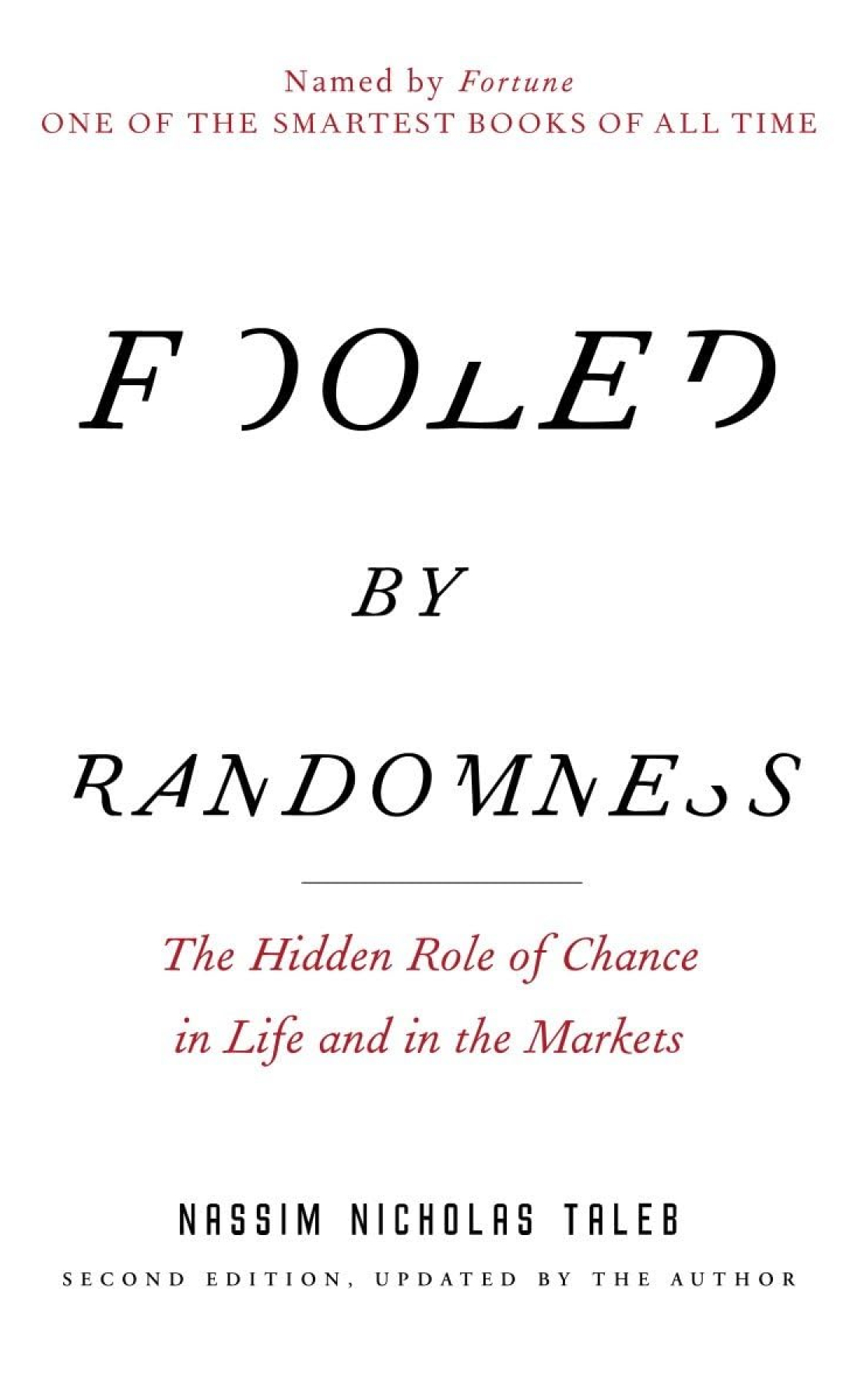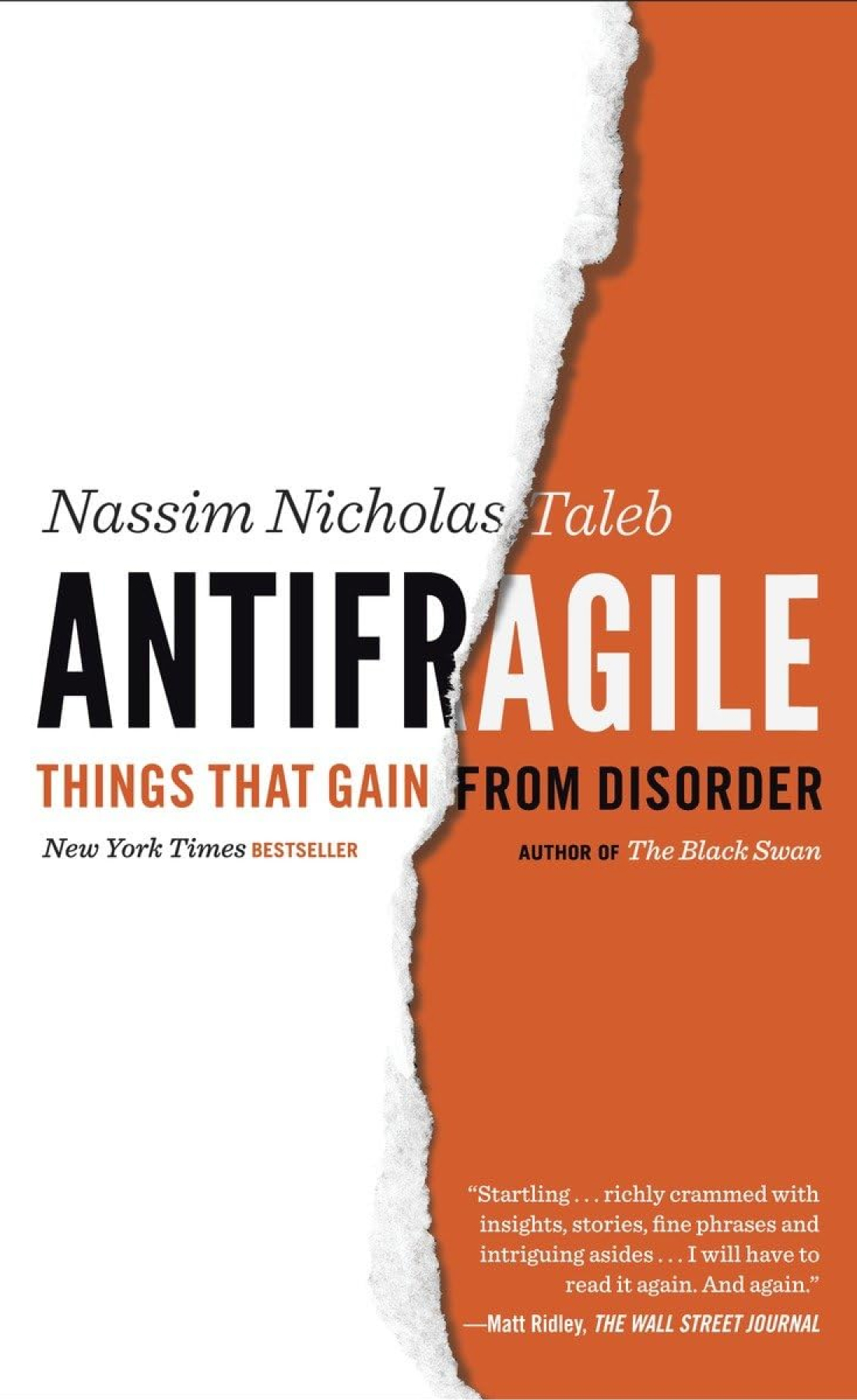Major concepts

Black Swan
Black Swans are unexpected events with huge impacts. They change industries, markets, and societies in ways no one sees coming, and they are only fully understood after they happen.
.avif)
- Black Swans are rare events but have a huge impact.
- They can’t be predicted; we understand them only after they occur.
- People focus on patterns, making them vulnerable to surprises.
- Diversifying risks helps soften the blow of sudden shocks.
The idea of a Black Swan comes from Nassim Nicholas Taleb.
It describes rare and unpredictable events that shake up the world.
These events often catch everyone off guard and are only explained after they happen.
While predicting them is nearly impossible, knowing that Black Swans exist helps us prepare for uncertainty.
What Makes a Black Swan?
Three traits define a Black Swan event:
- It is extremely rare.
- It has a massive impact.
- It is only understood after it occurs.
These events don’t fit into everyday patterns and often surprise everyone.
Examples include financial crashes, disruptive technology, and natural disasters.
Why We Miss Them
We naturally focus on patterns and what’s familiar. This makes it hard to spot rare events. We tend to trust our past experiences, which leaves us blind to surprises.
Taleb uses the "Turkey Problem" to explain this.
The turkey is fed daily, thinking life is safe and predictable. But everything changes right before Thanksgiving when the turkey becomes dinner.
This shows how we often confuse stability with safety.
How to Handle Black Swans
Rather than trying to predict Black Swans, focus on building resilience.
Here’s how:
- Stay open to new ideas that challenge old beliefs.
- Be flexible to adapt when things change quickly.
- Diversify interests and investments to spread risks.
- Keep a financial cushion to survive unexpected events.
The main point:
No one can predict the future, not even the top experts.
Focus on building strong systems that can withstand surprises.




